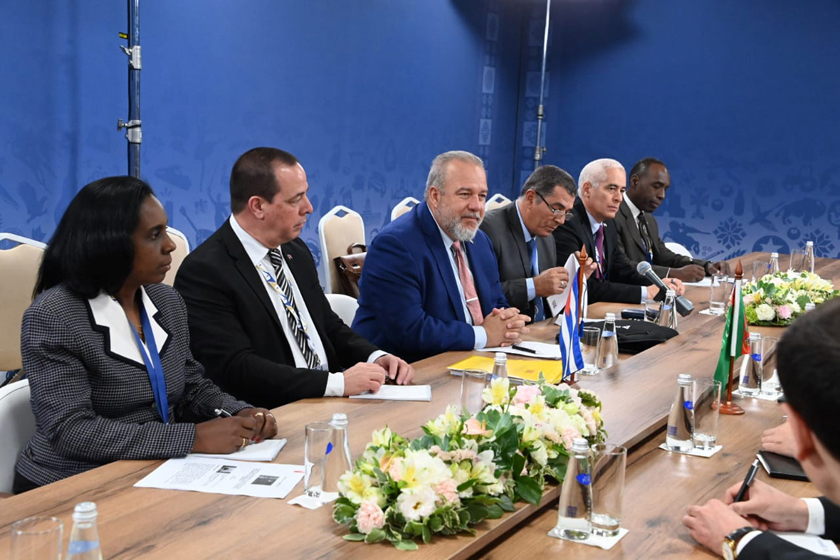The Cuban revolution may now be more than fifty years old and the ideological ties that have bound the two countries across the decades may have become diluted in the face of the harsh global economic realities that have caused both countries to reset their relations to, increasingly, embrace the ‘hard edge’ of economic realities. There is, however, more than sufficient evidence that relations between Havana and Moscow have held firm, the two having been able to retain the ideological ties that bind them whilst being mindful that it is, after all, developmental considerations that drive the growth of countries. Tough economic times and continued pressure from the west have kept Havana anchored to Moscow. When, like now, Cuba’s economic condition demands some kind of remedial intervention, it is to Moscow that it looks. Earlier this month, Russian President Vladimir Putin appeared to find time away from his preoccupation with its military ‘adventure’ in the Ukraine (which is becoming, increasingly, a challenge for Moscow) to meet with a delegation of Cuban officials that had journeyed to Moscow to engage the authorities in talks that would lead to outcomes to bring a measure of economic support to the struggling Cuban economy. That this happened amidst what is proving to, arguably, the biggest challenge to Putin’s tenure as Russia’s President is a profound pronouncement on the strength of the ties that bind Moscow and Havana.

